1. This is Marketing, Seth Godin
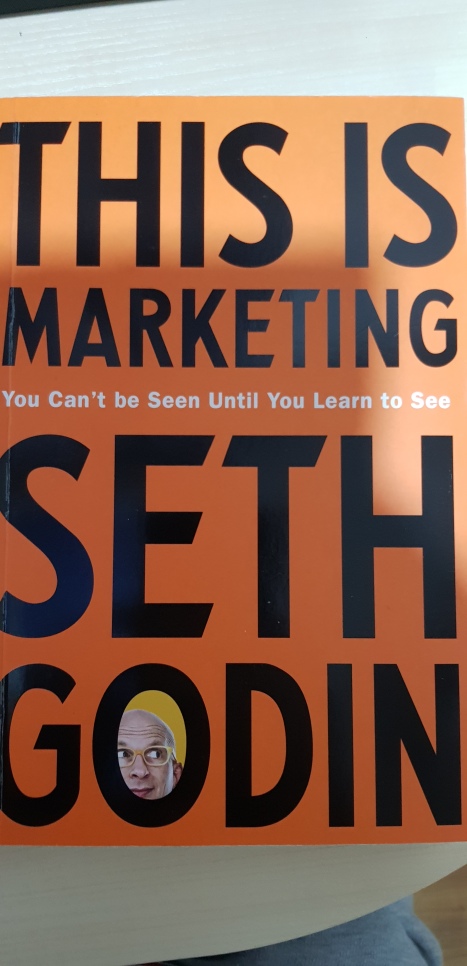
I’m not sure how many years it has been now that Seth Godin has written a daily blog which is sent by email to thousands of people worldwide. Some are just a few lines, some much longer explorations on an idea. I’ve been reading them for a few years and when suitably inspired have shared a few on this blog.
The book is one of the best and most up to date that I’ve read in a long time on the subject of marketing, from the perspective of all the ways we seek to influence people to make particular decisions.
2. Vernon Subutex One, Virginie Despentes
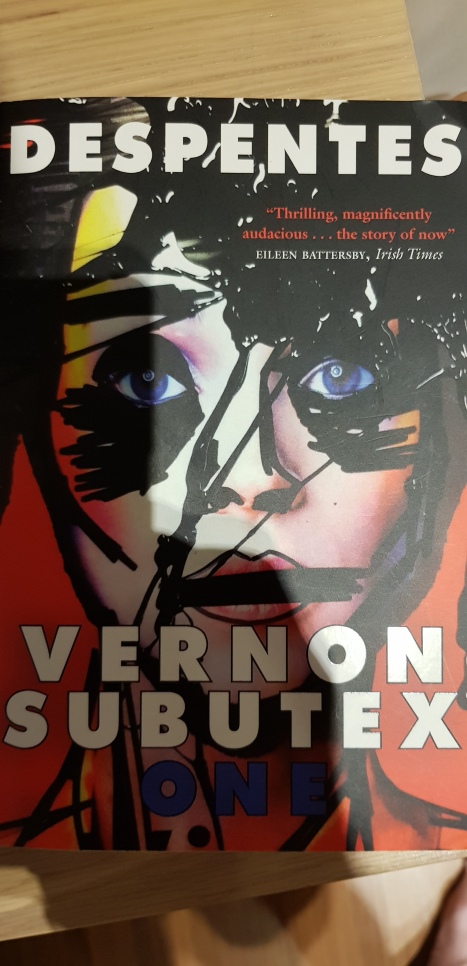
This is the first in a three part novel series. I had probably not read something that had such a gut-thumping impact in quite a few years. Translated from French it goes deep in to modern society, French politics and the world we live in today.
I also read the second in the trilogy, but it didn’t quite hit with the same impact. The third and final part is, I believe, available in the French, but yet to be released in English translation.
3. Machines Like Me, Ian McEwan
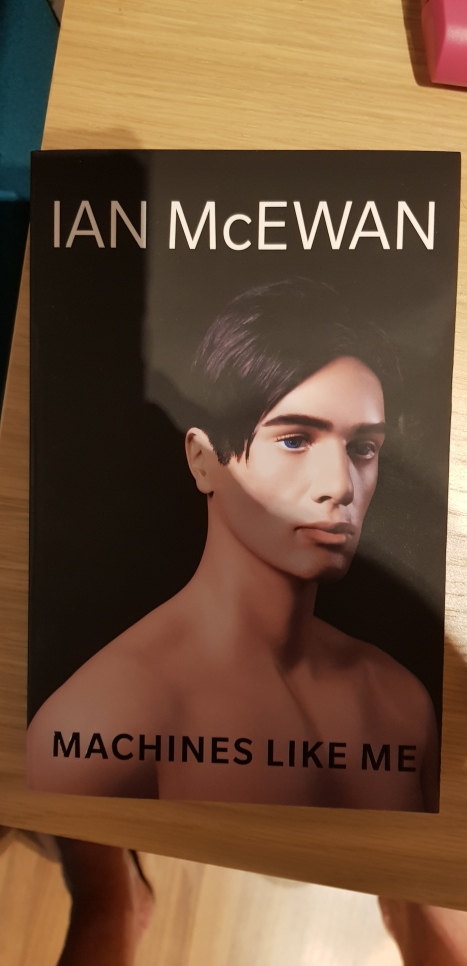
I’ve long believed that McEwan is one of the most powerful British writers today. It made the Man Booker Shortlist for 2019 with good reason. A powerful exploration of a near future when Artificial Intelligence has reached the point of a human standard robot that can be purchased and taken in to one’s home.
The interplay and disruption of ethics and life perspectives for all who interact with the robot is fascinating.
4. Hagseed, Margaret Attwood
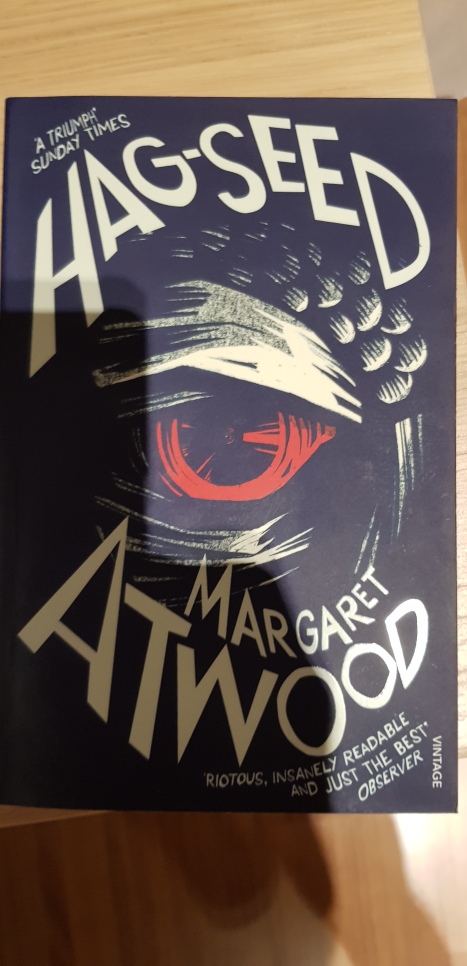
Maybe I’m just a contrarian! 🙂
In the year when so much attention of the media and readers was on one of Margaret Attwood’s other works, ‘The Handmaid’s Tale.’ However, as much as I loved that novel and many of her others, the one that really got my attention in 2019 was one maybe a little less known.
It’s a witty modern reworking of Shakespeare’s ‘The Tempest’ and the central character of Felix is brilliantly portrayed.
5. When, Dan Pink
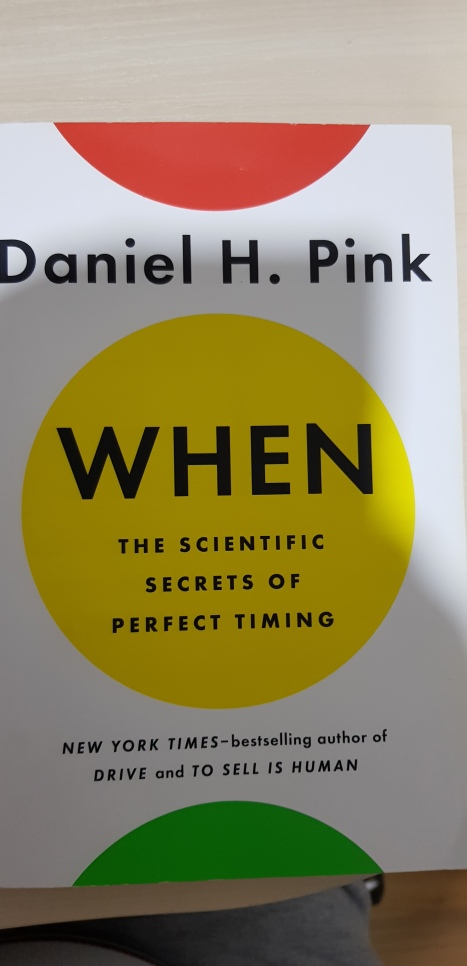
Dan Pink is one of those writers I find takes scientific research in the social sciences, makes it accessible and shares it in ways that can enable us all to live smarter lives. As a repeat reader of some of his earlier books, this was one i was waiting for when it came out.
‘When’ didn’t disappoint. It provides fascinating evidence on why, as humans, we’re not necessarily good at getting the timing of things right, but also contains some very practical steps we can take to improve our ability to get the timing of things better.
6. Cat’s Cradle, Kurt Vonnegut
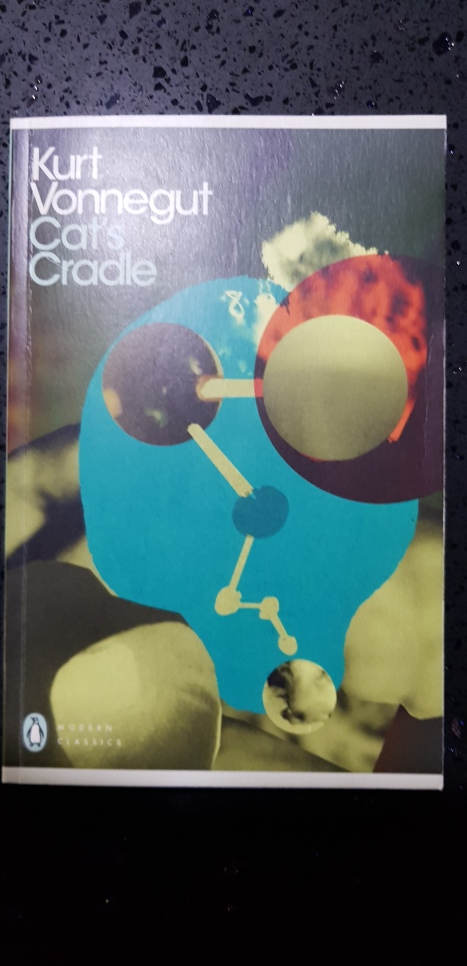
In the first half of my book list I mentioned that Murakami was one of two writers I ‘discovered’ late in 2019. Vonnegut was undoubtedly the other. My choice for this list was a toss up between ‘Cat’s Cradle’ and ‘Slaughterhouse 5’. Both were incredibly satisfying reads.
‘Cat’s Cradle’ was published in the year i was born. A near future science fiction novel, it explores the relationship between people and technology that was so starkly presented with the invention (and use) of the nuclear bomb. Today, we have many parallels as people are faced with moral and ethical dilemmas about whether to use new technologies like AI, advanced robotics etc. for good or for bad.
7. The Future of the Mind, Michio Kaku
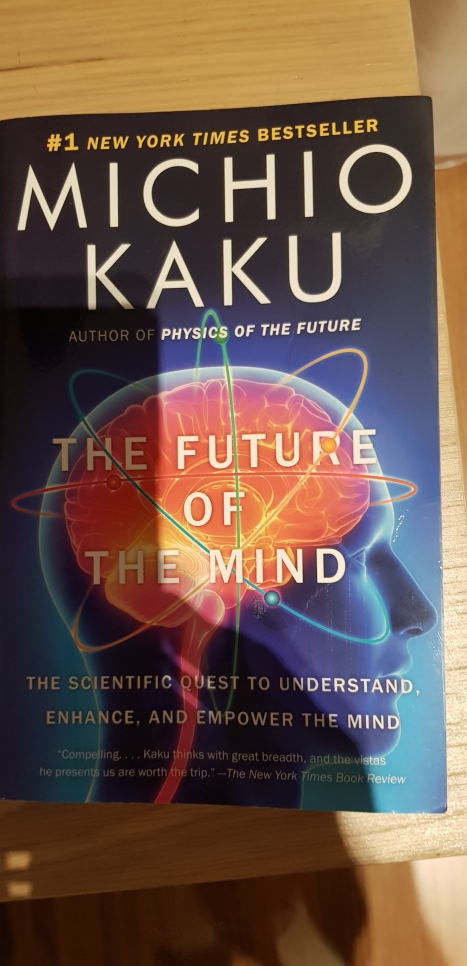
I’ve never fully understood why, but as a boy and at school I never really managed to fall in love with Science enough to pursue the science subjects for study. This was strange, because in my youngest years I spent hours looking at things through a microscope, used to make simple circuits with an electrical kit and took things apart to see how they worked (though they were never the same again!). I can’t help thinking that if people like Michio Kaku and Neil DeGras Tyson had been around things might have been very different.
I recently heard a comment that is so true – when you go in to bookshops today, the science fiction section is so much smaller than it used to be when i was a kid. In fact, today, most of what you find there could be more classified as fantasy. This is because at an ever faster pace, science has turned all the things that were once science fiction in to science reality.
Space was once considered to be the final frontier for man’s knowledge and learning. Today, it’s the human mind. We’re still an awfully long way from cracking our understanding of its workings, but we’ve come a long way in the last 20 years. This book takes that scientific learning and makes it accessible, whilst exploring possible answers on the parts we still don’t know. It also explores the fascinating ways in which this new knowledge is already starting to change the way we interface with the human mind and conjecture on where this learning could take us in the future.
So, that completes my best reads lists for 2019. There were some other books that ran close to making the list. Now nearly 2 months in to 2020 I can promise that if it carries on like this, then this year’s list will be brilliant.
I had a sobering thought the other day. In the rest of my life, if I’m lucky I may have time to read 1,000 more books. On that basis, it’s going to make sense to be quite discerning about which new books i choose to read, especially as I want to make sure that there’s a good amount of that time available to reread the books that have brought me most joy and satisfaction in my life.
Happy reading !!
Filed under: Life, Our Environment | Tagged: best books of 2019, books, Cat's Cradle, Dan Pink, Future of Mind, Hagseed, Ian McEwan, Kurt Vonnegut, Machines Like Me, Margaret Attwood, Michio Kaku, my 2019 book list, Seth Godin, Slaughterhouse 5, This is Marketing, Vernon Subutex, Virginie Despentes, When | Leave a comment »

